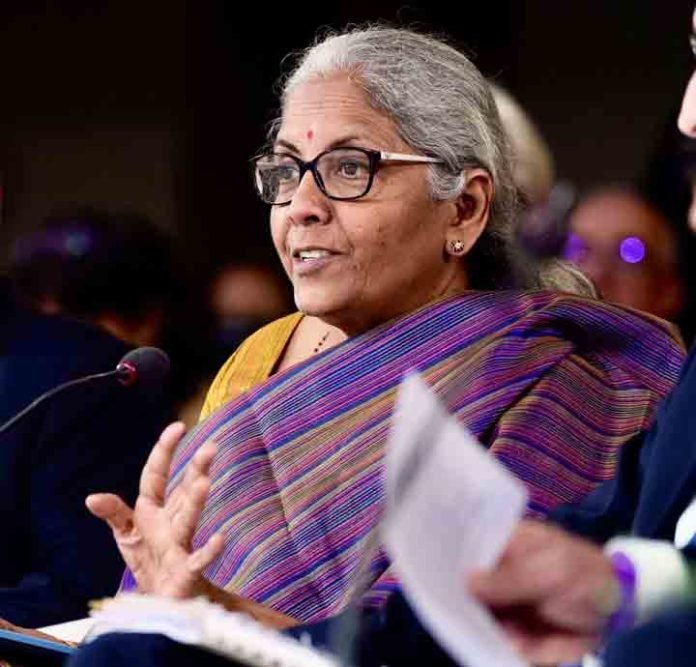INVC NEWS
New Delhi : The landscape of Goods and Services Tax (GST) in India is undergoing a significant transformation, particularly in the realm of e-invoicing. This change is pivotal for businesses, especially those involved in B2C (Business-to-Consumer) transactions. Understanding the nuances of this shift is crucial for businesses to align with the new compliance requirements and optimize their operational strategies.
The Current State of GST E-Invoicing
The concept of e-invoicing under GST, currently mandatory for companies with a turnover exceeding five crore rupees in B2B (Business-to-Business) transactions, is set to undergo a significant expansion. This shift is not just a procedural change but a strategic move by the government to enhance compliance, reduce tax evasion, and simplify the tax administration process.
Anticipated Changes and Their Implications
The Indian government is poised to extend the e-invoicing mandate to B2C transactions, a move that will mark a significant shift in how businesses interact with consumers. This expansion is expected to cover all businesses over the next two to three years, making e-invoicing obligatory for B2C transactions as well. The rationale behind this is to bring more transparency and efficiency to the GST system and ensure a seamless flow of input tax credit.
Adapting to the New E-Invoicing Requirements
Businesses, especially those currently not issuing e-invoices in B2C transactions, will need to gear up for this change. This involves not just adopting new software solutions but also rethinking their entire invoicing process. The transition to e-invoicing will require robust technological support, and businesses must be prepared to invest in the necessary infrastructure and training.
Impact on Small and Medium Enterprises (SMEs)
Small and Medium Enterprises (SMEs) will face a unique set of challenges and opportunities with this new mandate. While the transition may initially seem daunting, e-invoicing can streamline their processes, reduce paperwork, and potentially lead to faster payments. SMEs must proactively seek out resources and tools to assist in this transition.
Enhancing Compliance and Reducing Fraud
One of the primary objectives of extending e-invoicing to B2C transactions is to enhance compliance and curb tax evasion. By mandating electronic invoicing, the government aims to have a more accurate and real-time insight into transactions, thus reducing the chances of fraud and ensuring a more transparent tax system.
The Role of Technology in E-Invoicing
The success of the e-invoicing mandate heavily relies on the technological infrastructure. Businesses will need to integrate their systems with the GST portal, ensuring seamless data transfer and compliance. This integration will demand a higher level of technical expertise and may lead to an increased demand for IT professionals and GST compliance experts.
Preparing for the Future
As the e-invoicing mandate for B2C transactions draws closer, businesses must start preparing now. This preparation includes understanding the new requirements, upgrading their systems, and training their staff. Early adoption and preparedness will be key to a smooth transition and continued compliance.
Embracing the Change
The extension of the e-invoicing system to B2C transactions represents a significant step forward in India’s GST regime. While it brings challenges, it also offers opportunities for businesses to streamline their operations and engage more effectively with the digital economy. By embracing these changes and preparing adequately, businesses can turn this regulatory requirement into a strategic advantage.













